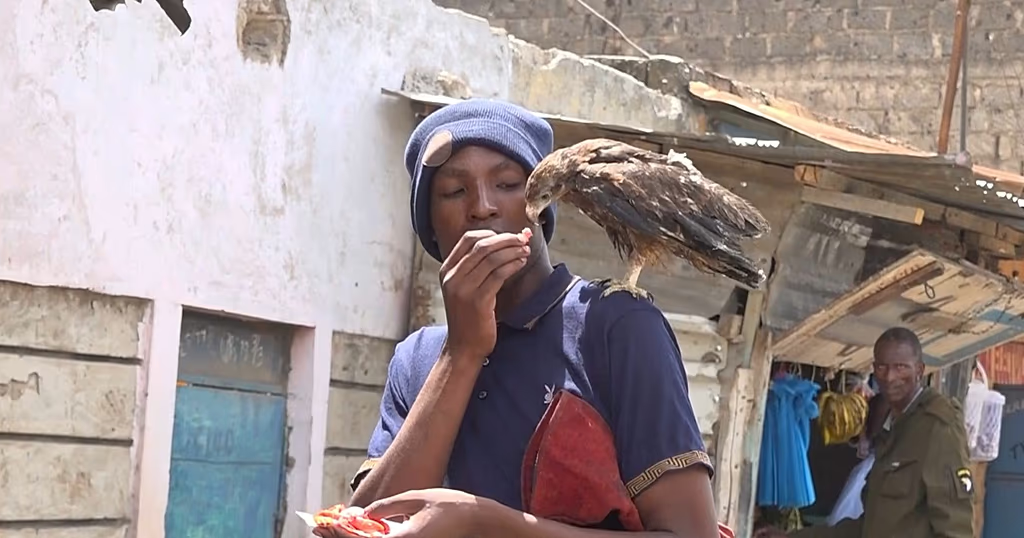Health authorities in Nigeria’s Ondo State have confirmed at least 12 cases of mpox, a contagious viral disease, across eight local government areas, prompting an urgent vaccination campaign set to begin this month. The announcement came during a stakeholder meeting in Akure on Monday, where officials detailed plans to curb transmission amid concerns over evolving sources of infection.
Dr. Victor Adefesoye, Director of Disease Control at the Ondo State Primary Healthcare Development Agency (OSPHDA), revealed the infections are concentrated in Akoko South-West, Akoko North-West, Akoko North-East, Owo, Akure South, Akure North, Ondo East, and Odigbo. Previously linked primarily to monkeys, mpox is now understood to spread through contact with various animals, infected individuals, or contaminated objects, heightening risks of community transmission.
Adefesoye emphasized the safety of the two-dose vaccine, scheduled for administration between August 11 and 21, targeting individuals aged 18 and above. Priority will be given to confirmed patients, their close contacts, and healthcare workers who handled cases. “We’ve identified those most at risk and will proactively reach out,” he stated, urging community leaders, religious groups, and organizations to support public education efforts. Officials acknowledged potential hesitancy, calling on stakeholders to advocate for vaccine uptake to prevent further outbreaks.
Symptoms of mpox include fever, body aches, rashes, and lesions, with transmission possible through physical contact or shared items, according to Florence Fadiji, the state’s Immunization Officer. She stressed that vaccine side effects, if any, are minor compared to the disease’s severe consequences. The agency also linked the spread to poor sanitation, urging residents to prioritize hygiene.
Dr. Francis Akanbiemu, OSPHDA’s Permanent Secretary, framed the vaccination drive as a collective responsibility, urging stakeholders to leverage their influence in fostering trust. The campaign reflects a shift from past strategies, focusing on precision targeting amid limited case clusters. With Nigeria’s history of mpox outbreaks—including a 2022 global surge—the effort underscores the need for rapid containment to avert regional or international spread. Health experts warn that delayed intervention could strain local resources and complicate surveillance in neighboring regions.



